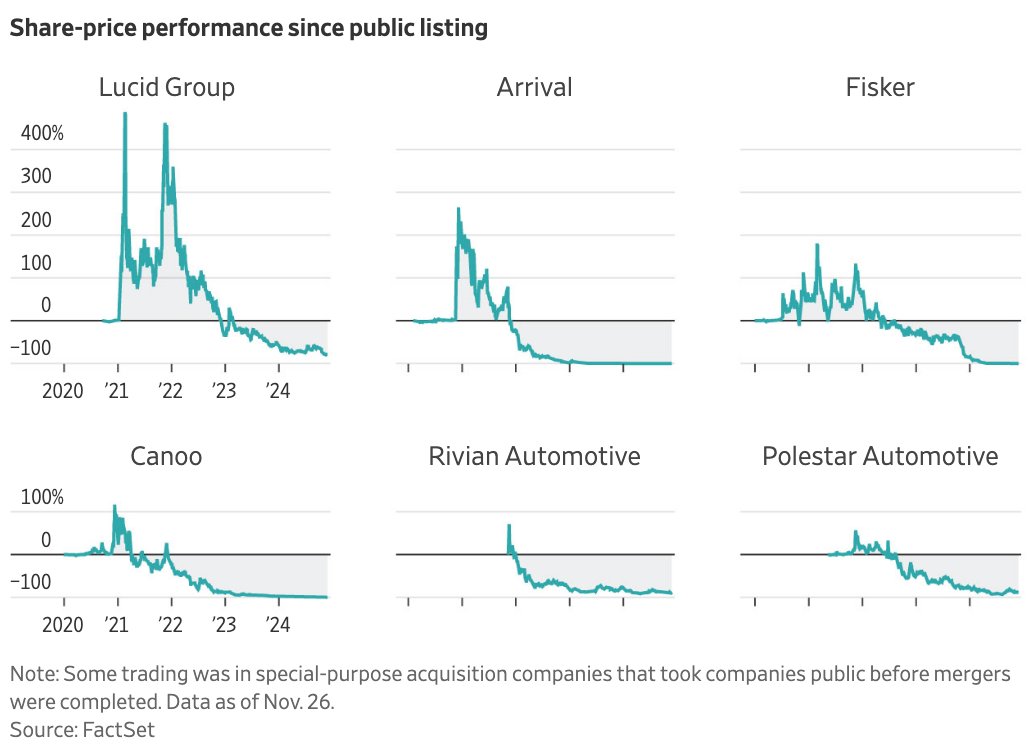Will Wade, for Bloomberg;
Something strange is happening with utilities.
For decades, electricity usage in the US has been mostly flat. Even with more people starting to use more power for more things, much of that has been offset as buildings, factories and appliances become more efficient.
But suddenly that’s changing, and the industry isn’t ready. Big tech companies need lots of electricity, for data centers and especially for artificial intelligence. Homes are using more electricity for heating and cooling. Factories need more electricity to shift away from fossil fuels.
And when faced with this sudden increase of load on the power grid, utilities are going to rely heavily on natural gas, and even coal.
“It will be a struggle to meet load growth,” said Rob Gramlich, president of Grid Strategies, a Washington-based research company that’s been tracking this trend. He expects US demand to for electricity to climb almost 16% over the next five years, more than triple his estimate from a year ago. Utilities are expecting customers to need as much as 128 gigawatts of new capacity in 2029.
That’s really going to disrupt the green transition. Power providers that have made pledges to cut back or eliminate carbon emissions are now starting to reverse course. Duke Energy Corp. plans to extend the life of its largest coal-fired power plant, which would push aside its goal to exit coal by 2035. Duke has said that its resource plans are not final decisions and are revised regularly.
FirstEnergy also will operate a pair of coal plants, stepping back from an earlier pledge to stop using the fuel by 2030. And energy companies in the US are planning new gas plants at the fastest pace in years.
And all of that is before Donald Trump returns to the White House next month. The president-elect is well-known for his support of fossil fuels and his skepticism of climate policies.

 On Thursday, the euro-skeptic Center Party denied its support to the measures and abandoned the coalition government that’s ruled the country for three-and-a-half years, setting off the leadership spiral. The center-left Labour Party will now go it alone, in the party’s first minority government in 25 years, ahead of elections set for Sept. 8. […]
On Thursday, the euro-skeptic Center Party denied its support to the measures and abandoned the coalition government that’s ruled the country for three-and-a-half years, setting off the leadership spiral. The center-left Labour Party will now go it alone, in the party’s first minority government in 25 years, ahead of elections set for Sept. 8. […]